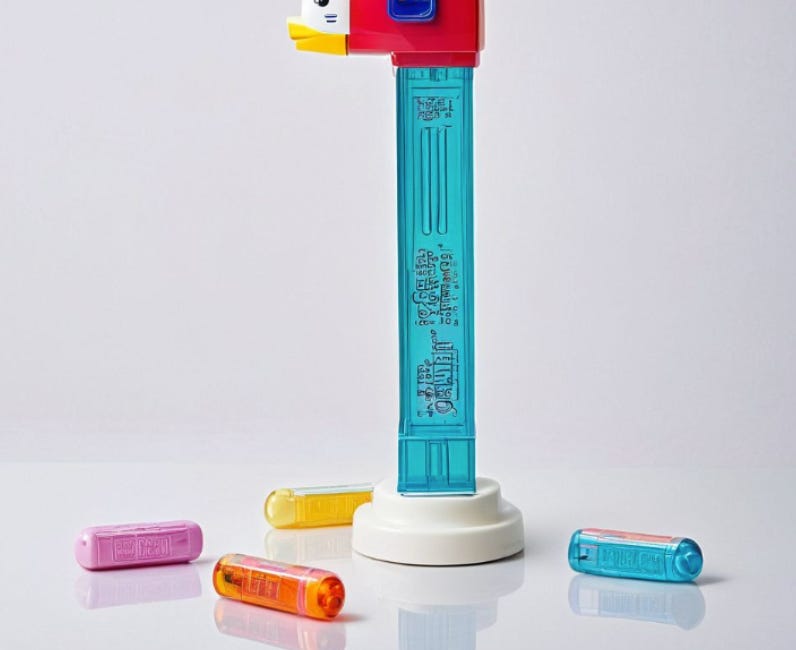Want to use diet to slow progression of low-risk PCa? Johns Hopkins researchers say you don't have to be a vegan or vegetarian to succeed
By Howard Wolinsky
You don’t have to become a vegan to use diet to slow progression of low-risk prostate cancer. Even a mainstream diet can do the trick for patients with low-risk disease,
That was among the messages from Christian Pavlovich, MD, head of the Active Surveillance program at Johns Hopkins, a featured speaker at The Active Surveillor’s webinar on Jan. 4, “Active Surveillance 2025: The Year in Review.” I am reporting on the program, which I just posted on YouTube.
To view go here:
After viewing the video, please respond to the survey: https://forms.gle/iww9y9gcj44Ei5PLA
Attendees gave the program 5 Stars and asked that I come back as frequently as quarterly. with similar programming.
The Jan. 4 program covered a variety of topics from diet and prebiopsy MRIs to AI, from genomics to biopsies.
Here are some snippets from Dr. Pavlovich:
—Diet. Veganism and vegetarianism may punch your ticket, but new research shows mainstream diets also can help prevent progression of prostate cancer.
“I think we can say with high-level retrospective evidence, though not randomized. Level-1 evidence that a healthy diet can help prevent progression of prostate cancer from low-grade to higher grades, and that the healthier the diet, the more beneficial the effect is. Finally, something positive to tell men on surveillance who are interested in improving their own health that is backed by years of accumulated data.”
His group’s study found you don’t have to go on vegan or vegetarian diets to prevent progression of prostate cancer. They recommended “a varied diet rich in natural nutrient-dense foods including whole grains, fruits, vegetables, lean proteins, dairy and meat in limited quantities and restrictions on total fat, saturated fat, sodium and cholesterol.
As an example, on a 2,000 calorie-a-day diet, you would have to have at least two cups of fruit and three cups of vegetables daily to score high on the HEI [Healthlty Eating Index.. I refer men to the Dietary Guidelines for Americans, which provides a helpful summary of how and what to consume to get closer to a more optimal eating index.”
For more on this:
—Transperineal biopsies avoid sepsis.
Pavlovich said: “I'll shift focus to another consideration, and that is prostate biopsies, which again in the minds of most of us are an important part of surveillance and minds of most patients, other than prostate cancer progression, probably one of the more dreaded parts to surveillance. Well, there's good news on that front. First of all, Level-1 evidence has convincingly shown that the transperineal approach is safer and equally effective as the transrectal approach to prostate cancer detection.
“And in the large randomized study called the PREVENT trial researchers from Cornell, Northwestern, Johns Hopkins and other institutions teamed up to show that transperineal biopsied men had fewer infectious complications than men who had their biopsies transrectally. In fact, there were zero infections in the transperineal group with no antibiotic use at all. Whereas, there was a 1.6 rate of infections in the men who had transrectal biopsies despite targeted antibiotic prophylaxis in all men. And importantly, no difference in cancer detection, etc, and if anything more complications in the transrectal arm. So clearly, the transperineal approach should become the standard of care if you have to undergo biopsies, for example, like serial biopsies in surveillance.”
(Editor’s note: So when will the American Urological Association make TP biopsies the preferred choice for safer biopsies as the European Association of Urologists already has done. Norwegian researchers estimate that 2,000 American men per year die from sepsis caused by transrectal biopsies. Men should not be dying from prostate biopsies.
I already ran a story on the return at “AS 2025” of super-uropathologist Dr. Jonathan Epstein. Click here.
Check out my new blog Prostate Cores:
Next issue scheduled for Feb. 1st.






